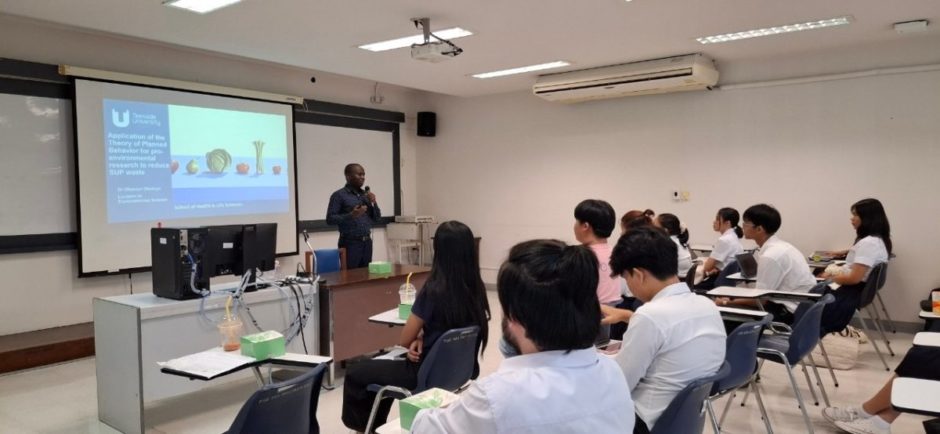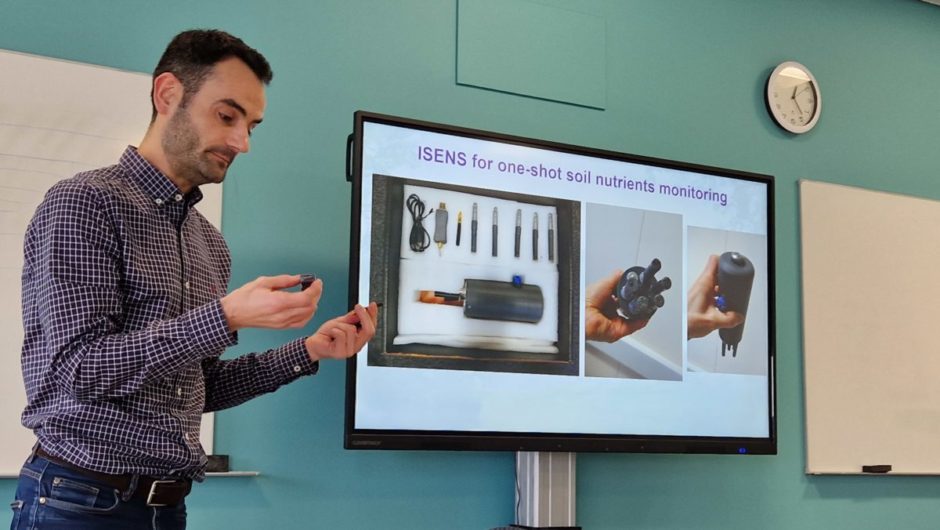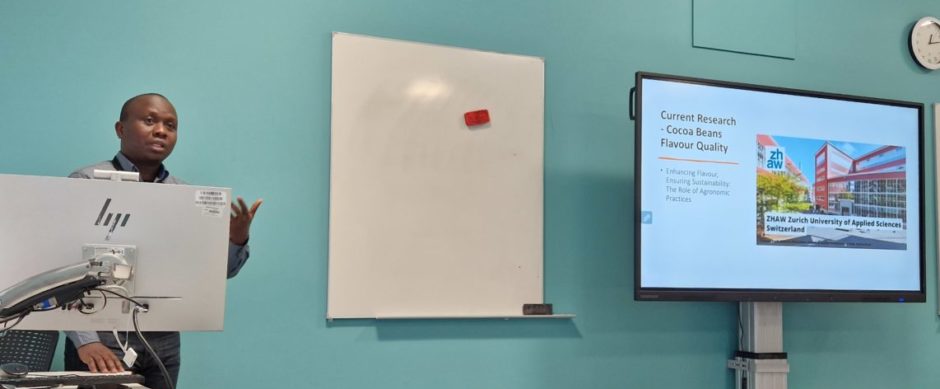by Oluseye Oludoye
Oluseye recently attended the International Cocoa and Chocolate Forum in Abuja, Nigeria, on January 9, 2024. and had the privilege of participating in a panel discussion on “The Importance of the Classification and Denomination of Cocoa with Investment in Increased Production Output.”
Introduction: The intersection of sustainable agriculture and economic development took center stage at the recent International Cocoa and Chocolate Forum held in Abuja, Nigeria, on January 9, 2024. The conference, themed “Putting Value in Cocoa in Producing Regions,” gathered experts, policymakers, and stakeholders to delve into the critical issues surrounding cocoa production. This blog post captures the highlights of the conference, focusing on the policy session where Dr Oluseye Oludoye contributed to a panel discussion on “The Importance of the Classification and Denomination of Cocoa with Investment in Increased Production Output.”
Setting the Tone: The Policy session opened with a declaration by Chief Olawale Edun, Minister of Finance and Coordinating Minister of the Economy and the Honourary Chairman of the Forum. He emphasized the commitment of the Nigerian government, as outlined in the Renewed Hope Agenda spearheaded by Mr. President. This set a positive tone for the discussions that followed, underlining the significance of cocoa in the nation’s economic transformation.
Key Figures in Attendance: The conference boasted esteemed personalities, including the Minister of Finance and Coordinating Minister of the Economy, who declared the Forum open. Their presence underscored the government’s recognition of cocoa as a key player in economic growth. Additionally, the Honourable Minister of Budget and Economic Planning, Senator Abubakar Atiku Bagudu, served as the Special Guest of Honour. In his remarks, he highlighted the government’s commitment to implementing strategic plans, with a special focus on agriculture value addition strategies.
Panel Discussion: “The Importance of the Classification and Denomination of Cocoa with Investment in Increased Production Output”: Dr Oluseye Oludoye had the privilege of contributing to a panel discussion during the conference, specifically addressing the crucial topic of cocoa classification and denomination. Their discourse centered on the pivotal role accurate classification plays in attracting investment and fostering increased production output. They explored the potential impact of streamlined classification processes on the entire cocoa value chain, from farmers to consumers.
Commitment to Agriculture Value Addition Strategies: The Honourable Minister of Budget and Economic Planning emphasized the government’s dedication to creating a conducive environment for agricultural activities. This commitment extends beyond the mere production of cocoa to encompass comprehensive strategies for value addition within the agriculture sector. This approach aligns with the broader goal of empowering farmers and promoting sustainable practices.
Conclusion: The International Cocoa and Chocolate Forum in Abuja provided a platform for stakeholders to align their efforts towards advancing cocoa production in Nigeria. The commitment expressed by key government officials and the emphasis on value addition strategies signal a promising future for the cocoa industry. As researchers, it is crucial for us to delve deeper into the implications of these commitments and explore avenues for collaborative research that supports the sustainable growth of cocoa production in producing regions. By doing so, we contribute to the broader discourse on agricultural sustainability and economic development.
This slideshow requires JavaScript.











